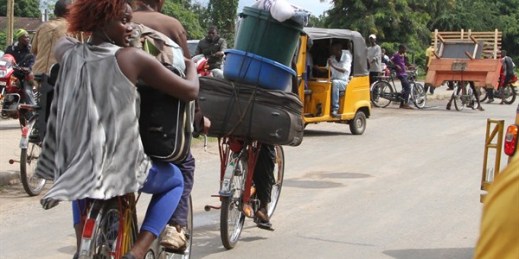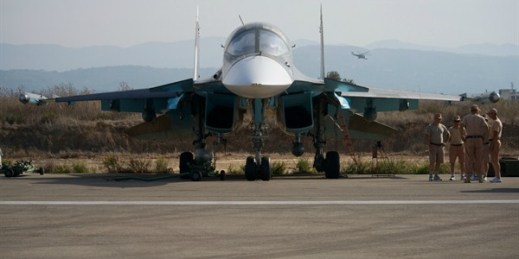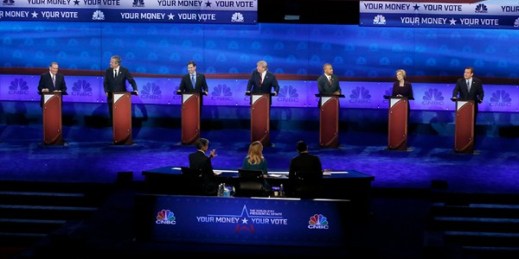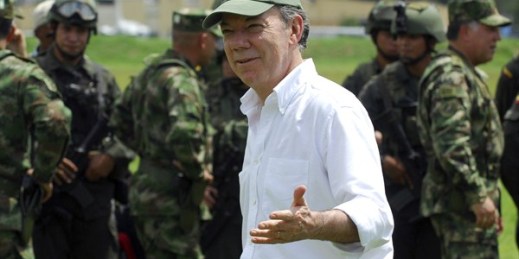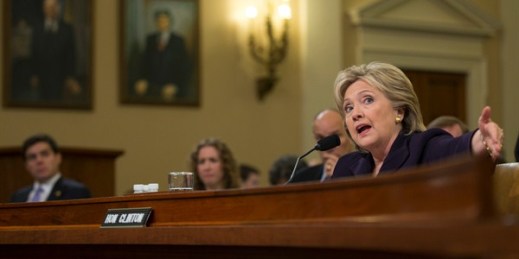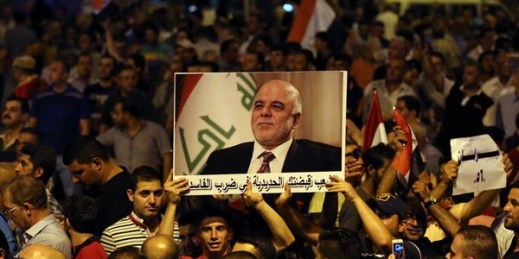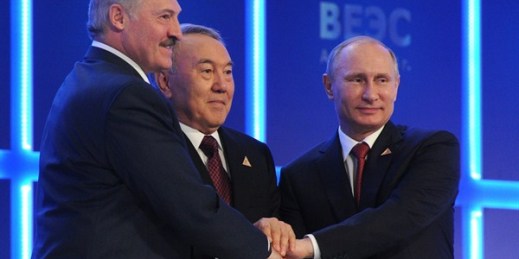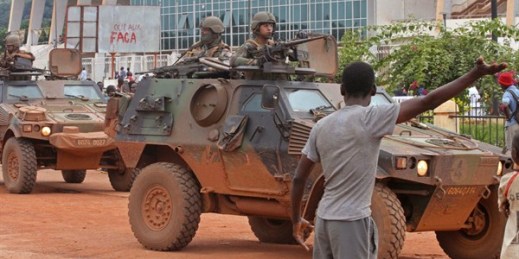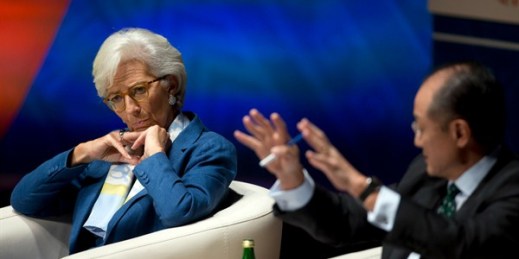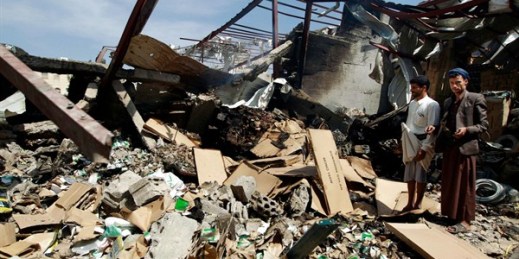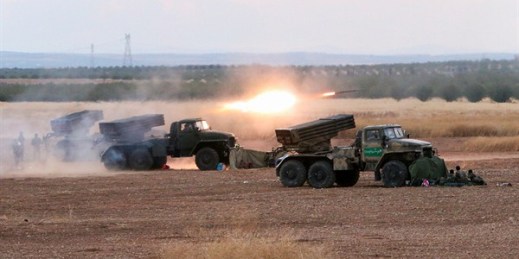
Syria’s most successful rebel alliance may have just barely avoided breaking apart. Over the spring and summer of this year, the coalition of Islamist rebel groups known as Jaish al-Fateh, or the Army of Conquest, scored a series of dramatic victories over the regime of Bashar al-Assad in northwest Syria. But in the past several weeks, just as Jaish al-Fateh announced a major new offensive, one of its most hard-line factions, Jund al-Aqsa, very publicly quit the coalition. The acrimony that has followed the withdrawal of Jund al-Aqsa—an ultra-extreme splinter of al-Qaida’s Syrian affiliate, Jabhat al-Nusra—has exposed the persistent and […]

